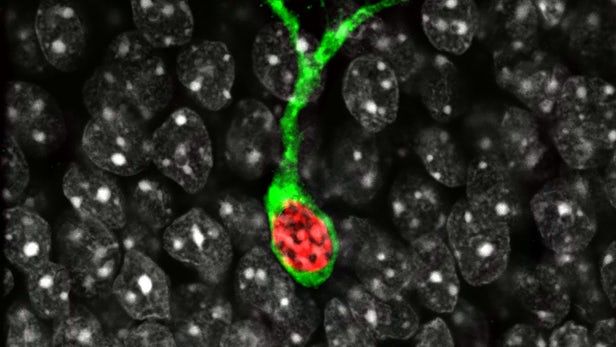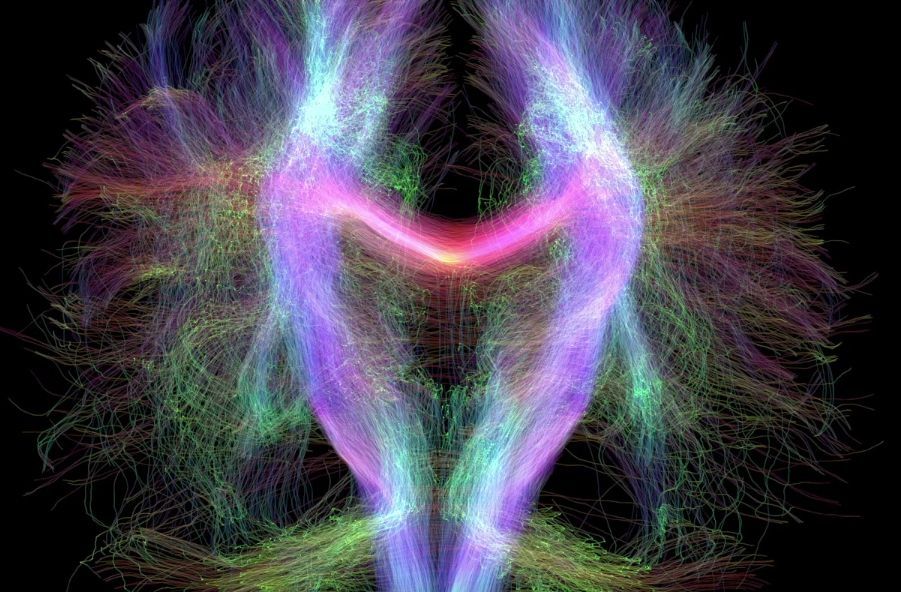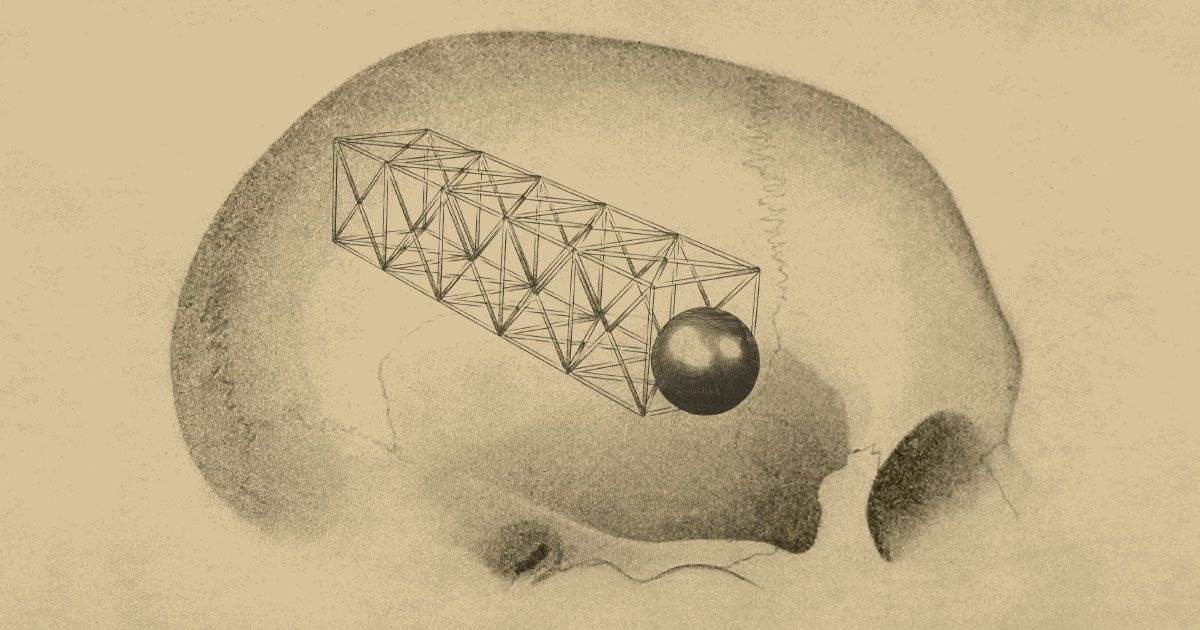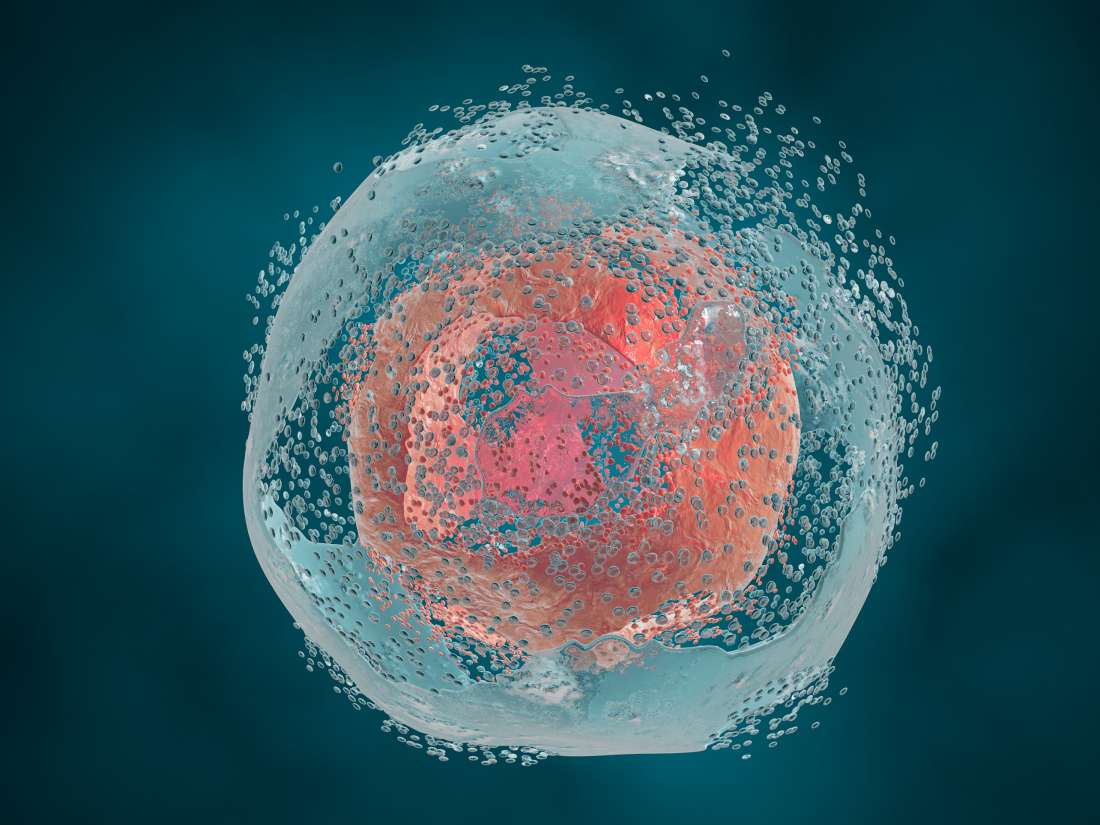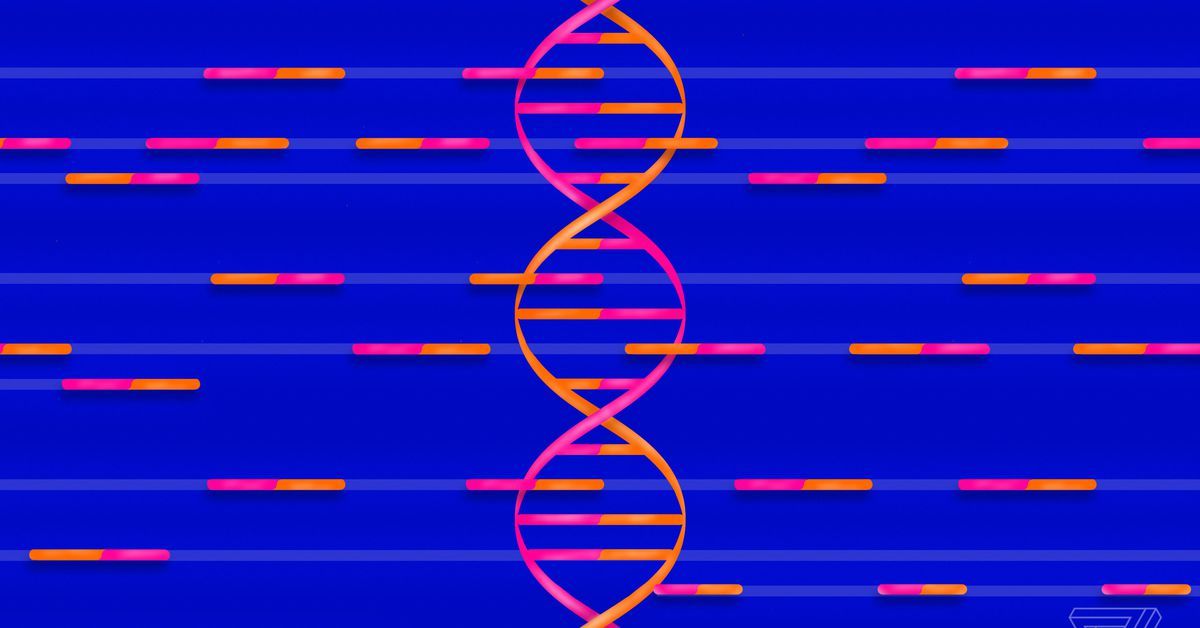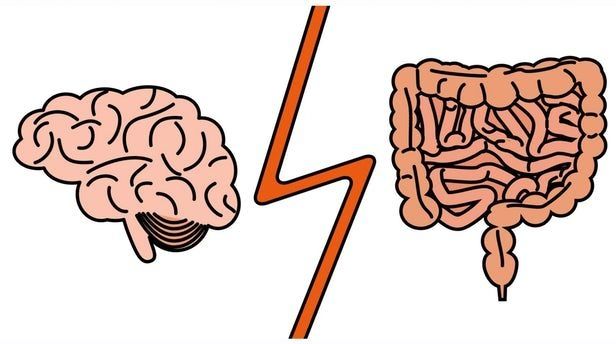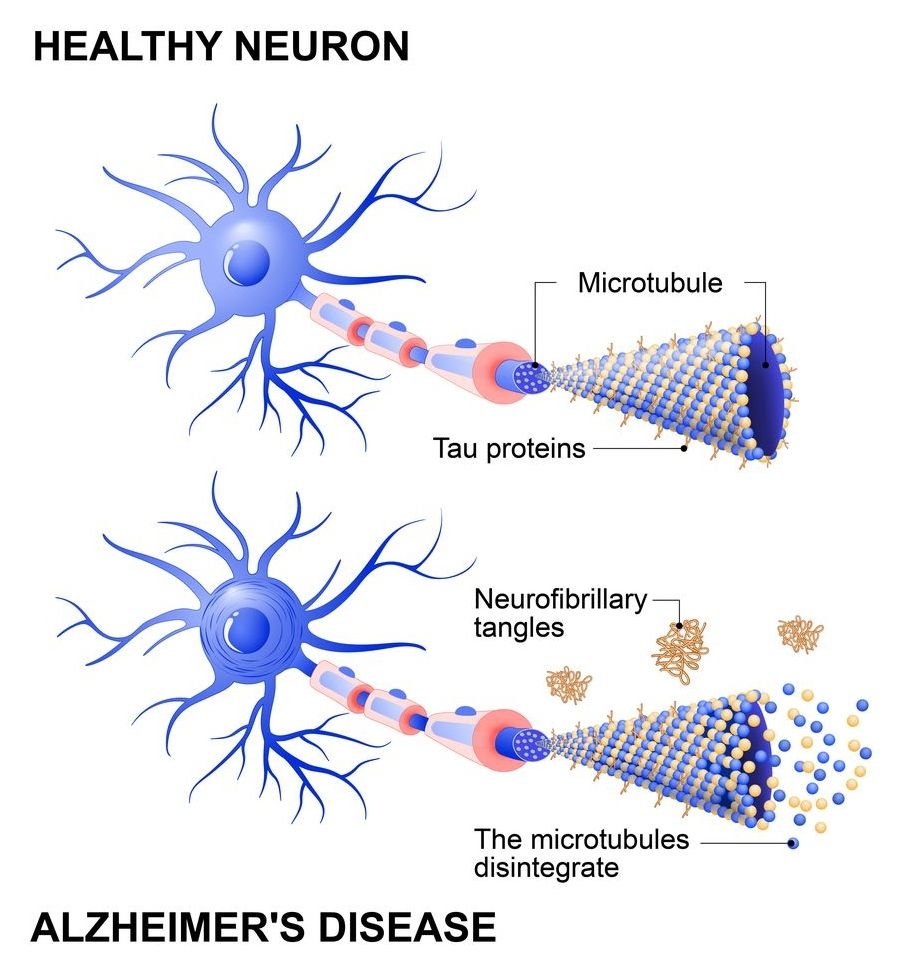Archive for the ‘neuroscience’ category: Page 729
Jun 14, 2018
The supercomputer that could map the human brain
Posted by Marcos Than Esponda in categories: neuroscience, supercomputing
The planned Aurora 21 “exascale” supercomputer may be the first that’s powerful enough to map the human brain.
Jun 14, 2018
Parts of your brain take short naps during wakefulness
Posted by Shailesh Prasad in category: neuroscience
Jun 14, 2018
Brains May Teeter Near Their Tipping Point
Posted by Genevieve Klien in categories: neuroscience, particle physics
In a renewed attempt at a grand unified theory of brain function, physicists now argue that brains optimize performance by staying near — though not exactly at — the critical point between two phases.
Jun 14, 2018
MS: New findings may ‘prevent future loss of brain cells’
Posted by Genevieve Klien in categories: futurism, neuroscience
Scientists have now identified a unique cell death mechanism behind the destruction of nerve insulation in MS, and an anti-inflammatory that blocks it.
Jun 14, 2018
Why a DNA data breach is much worse than a credit card leak
Posted by Derick Lee in categories: biotech/medical, cybercrime/malcode, encryption, genetics, health, neuroscience
As the Equifax hack last year showed, there’s a lack of legislation governing what happens to data from a breach. And ultimately, a breach of genetic data is much more serious than most credit breaches. Genetic information is immutable: Vigna points out that it’s possible to change credit card numbers or even addresses, but genetic information cannot be changed. And genetic information is often shared involuntarily. “Even if I don’t use 23andMe, I have cousins who did, so effectively I may be genetically searchable,” says Ram. In one case, an identical twin having her genetic data sequenced created a tricky situation for her sister.
This week, DNA testing service MyHeritage revealed that hackers had breached 92 million of its accounts. Though the hackers only accessed encrypted emails and passwords — so they never reached the actual genetic data — there’s no question that this type of hack will happen more frequently as consumer genetic testing becomes more and more popular. So why would hackers want DNA information specifically? And what are the implications of a big DNA breach?
One simple reason is that hackers might want to sell DNA data back for ransom, says Giovanni Vigna, a professor of computer science at UC Santa Barbara and co-founder of cybersecurity company Lastline. Hackers could threaten to revoke access or post the sensitive information online if not given money; one Indiana hospital paid $55,000 to hackers for this very reason. But there are reasons genetic data specifically could be lucrative. “This data could be sold on the down-low or monetized to insurance companies,” Vigna adds. “You can imagine the consequences: One day, I might apply for a long-term loan and get rejected because deep in the corporate system, there is data that I am very likely to get Alzheimer’s and die before I would repay the loan.”
Continue reading “Why a DNA data breach is much worse than a credit card leak” »
Jun 13, 2018
Researchers reveal how disrupting gut-brain communication may affect learning and memory
Posted by Genevieve Klien in categories: biotech/medical, food, neuroscience
The connection between food and memory is one of those fundamentally human experiences we can all relate to. A compelling new study from the University of Southern California has revealed an intriguing explanation behind this phenomenon, and it illustrates how strongly the “second brain” in our gut communicates with our brain.
Inside our gastrointestinal tract lies a massive mesh of neurons often referred to as our “second brain.” While this neuronal control system primarily works to independently manage our digestive system, it also has been found to directly communicate with the brain via a long nerve, called the vagus nerve.
The vagus nerve has been found to mediate a great deal of metabolic communication between the gut and the brain. For example, one recent study revealed how feeding behavior, modulated by activity in the hippocampus, is directly activated by vagal nerve stimulation, mediated by signals from the gastrointestinal tract.
Jun 13, 2018
FDA clears MindMaze GO neurorehabilitation platform, easing access to continued outpatient therapy
Posted by Alvaro Fernandez in category: neuroscience
Good news: The toolkit for neurorehabilitation is growing.
___ MindMaze Consolidates First-ever FDA Approval for Inpatient and Outpatient Neurorehabilitation Therapy (press release): MindMaze, a leader in braintech, has today announced that it has obtained FDA clearance to launch its portable neurorehabilitation product, MindMotion™ GO, in the United States. Together with.
Jun 12, 2018
Neural Scans Show What Spiritual Experiences Look Like in the Brain
Posted by Genevieve Klien in category: neuroscience
Recent research published in Cerebral Cortex shows where spirituality exists in the brain by comparing brain scans of people in a spiritual state, stressful state, and a neutral state. Spiritual experiences, it seems, may boil down to rising and falling experiences in the brain.
Jun 11, 2018
Researchers Reverse Cognitive Impairments in Mice with Alzheimer’s
Posted by Nicola Bagalà in categories: biotech/medical, neuroscience
FDA-approved asthma drug appears to be effective against dementia in mice.
For the first time in an animal model, researchers at the Lewis Katz School of Medicine at Temple University showed that the tau pathology that accompanies Alzheimer’s disease can be reversed using the asthma drug zileuton [1].
Abstract
Continue reading “Researchers Reverse Cognitive Impairments in Mice with Alzheimer’s” »
